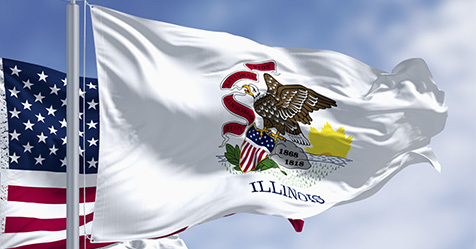Green Seal Proposes New Sustainability Leadership Standard for Sanitary Paper Products
Global nonprofit Green Seal® opened public comment on a leadership standard for sanitary paper products that contain no virgin tree fiber and meet meaningful manufacturing and packaging sustainability requirements.
A leader in certifying 100% recycled fiber products, the ecolabel’s proposed standard now also includes a certification pathway for tree-free products, expanding opportunities for brands that produce responsibly sourced alternative-fiber sanitary paper to verify their sustainability leadership.
Green Seal developed its new standard in collaboration with the leading towel and tissue brands, purchasers, and policy advocates in its working group to promote industry alignment on meaningful claims and criteria for this product category. See the working group members here.
“Buyers trust Green Seal-certified sanitary paper products because they significantly reduce carbon emissions, protect ancient and endangered forests, and preserve water resources,” said Doug Gatlin, Green Seal CEO. “Our new standard maintains this leadership bar while growing market impact by inviting a broader group of manufacturers to verify their sustainability achievement.”
Americans consume an average total of 19.2 billion pounds a year of sanitary paper products such as toilet paper, paper towels, and facial tissue. The fiber composition of these products has a significant impact on their overall environmental footprint. For example, products made from virgin fiber can generate three times as many carbon dioxide (CO2) emissions as products made from other types of pulp.
By meeting stringent fiber sourcing and manufacturing criteria, Green Seal-certified sanitary paper products save an average of 30.5 billion gallons of water and 11.7 million metric tons of CO2 emissions a year—the equivalent of taking 2.8 million cars off the road.
Public comment on Green Seal’s proposed criteria is open through April 28. Learn more about Green Seal’s sanitary paper product standard and submit comments here.


